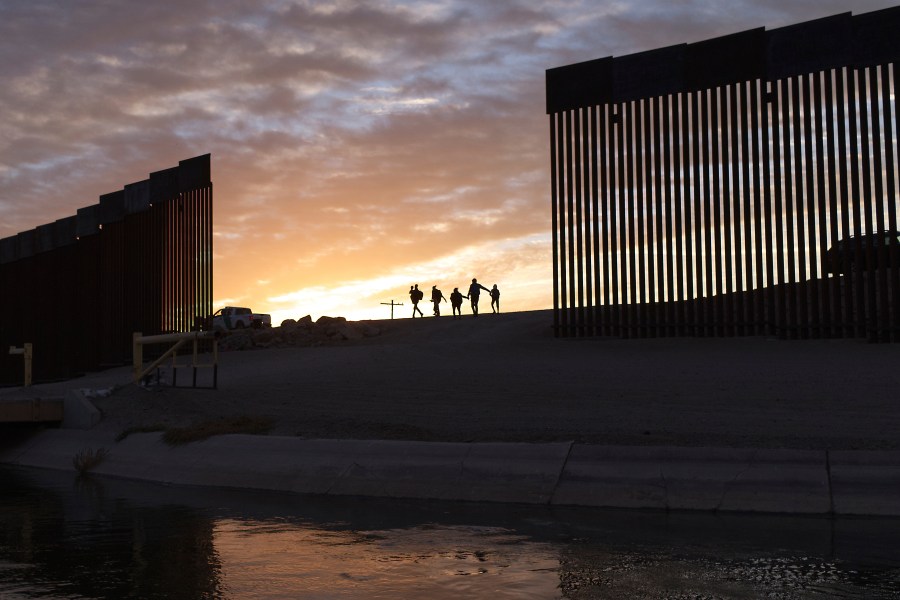
Pentagon is sending 600 military lawyers to the immigration courts – one step describes as required to make Washington Records easier Backlog of over 3.5 million cases,
For comparison, the Executive Office for immigration reviews currently works 700 immigration judgeEven after the record hiring of judges in 2024, the number did not exceed 800. In practice, this decision doubles the task force, but it does so by trusting people without real experience in the immigration law.
Justice department is already Low qualification requirementsTo allow background lawyers to participate in disciplinary tribunals. A formal “temporary measures” changes the architecture of the system, which keeps the army in cases within civil justice that requires detailed legal analysis, not the arguments of military disciplinary procedures.
This change once again indicates militarization of the system and overall the immigration policy for the immigration policy.
The official cause is the average time of the sheer volume and review of cases. But the decision to bring into military lawyers matches the political demand for “power and speed” before the 2026 elections.
In June, TRAC told The number of new immigration cases had actually fallen by 18 percent as compared to 2024. Nevertheless, the growth of agencies continues, confirming the contradiction – now there is no real basis for the emergency expansion of the courts if there was no one before. What the public sees, the message is that “justice is intensifying” – that order can be restored. This story is the first target in the southern states.
Even today, the immigration court system is not a completely independent branch of the judiciary – it operates under the Department of Justice. The boundaries have to be blurred to connect the army. In 2024, About 42 percent The claims of asylum were approved in the civil courts, while the approval rate in special military courts (eg abroad prisoners) was not more than 10 to 15 percent. This change transforms immigration proceedings into a disciplinary from a semi-judicial process, where the law gives way to command-logic.
The southern state, especially Texas, will become the main testing ground, as they already handle the largest number of hearing. For Republican Governors, it is a convenient tool. Showing cruelty on the border translates into a strong electoral image. But for local communities, it works in the opposite manner, deepening the mistrust towards the court system.
Since Texas and Florida are the major eranus for 2026, the conversion of immigration courts into a tribunal reduces the great idea of the fair process.
Bringing military lawyers into courts looks like a temporary solution for backlog. But in fact, this is a step towards militarization of justice, reduces the idea of judicial freedom and sends decision -changing decisions in the wrong direction. And the technical deficiency of today’s backlog can easily become a new ideal, which cuts down the civil system.
An immigration area that requires clear improvement, instead requires real solution based on transparency. Militaryization continues only to the existing model – an extension of border politics, where speed and force is placed above the fair and fixed process.
Artem kolisnichenko writes on crime, immigration and border policy in the American South and South -West.











